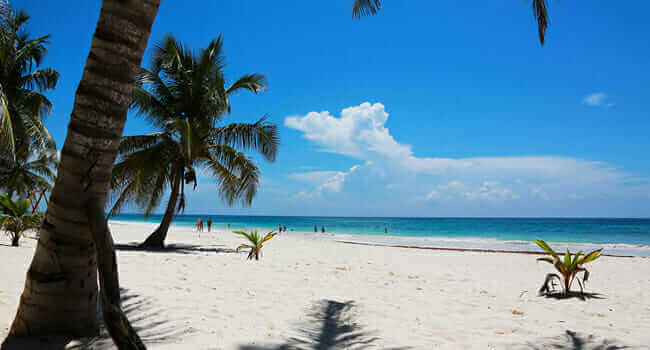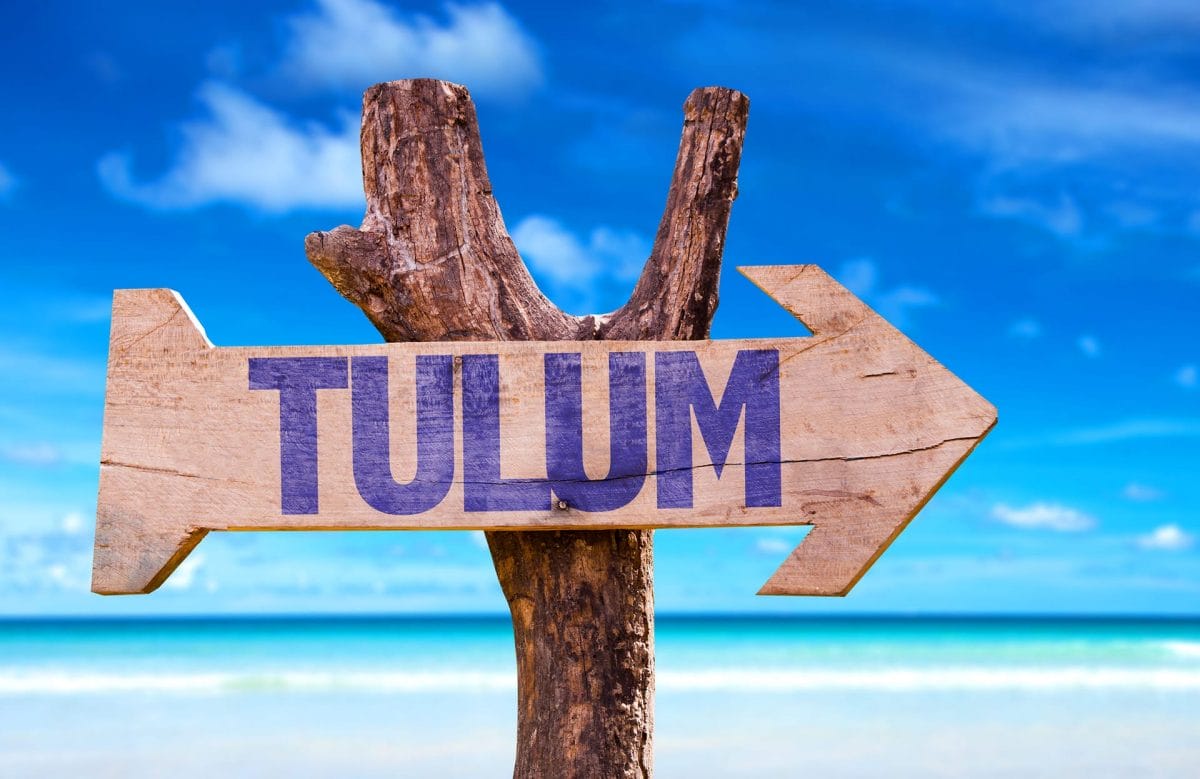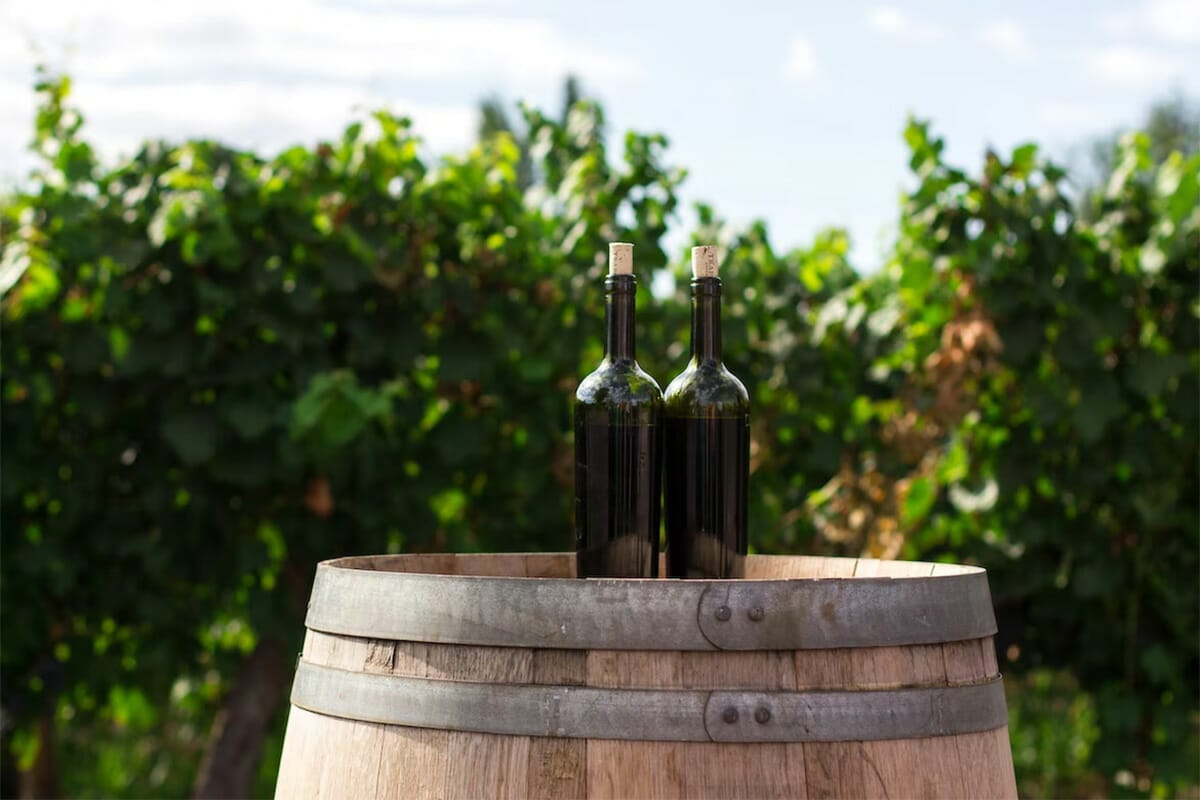As tourism has steadily increased in the Riviera Maya each year, responsible Tulum hotels have strived to increase awareness of sustainable tourism practices. Also called ecotourism, sustainable tourism aims to reduce the environmental and economic impact of tourism on an area while promoting sustainable practices that will support the area and its residents for the foreseeable future.
WHILE IT’S NOT POSSIBLE TO ERADICATE ALL NEGATIVE CONSEQUENCES OF TOURISM, HERE ARE A HANDFUL OF WAYS YOU CAN PARTICIPATE IN RESPONSIBLE TOURISM, WHILE STILL ENJOYING YOUR VACATION.
- Choose your hotel wisely, considering smaller, boutique-style, locally-owned and operated hotels, rather than massive, energy-guzzling, impersonal, foreign-owned resorts.
- Research and respect local cultures and customs.
- Conserve energy and resources. Turn off lights and fans when not in use, shorten your showers, turn off the faucet when brushing your teeth, consider not having your towels and sheets changed daily, unplug electronic devices when not in use.
- Support local business: Eat in non-chain restaurants serving locally-sourced food, shop in “mom and pop”stores, and book tours, trips, or transfers from small, locally-owned businesses. This puts food directly on the tables of local families..
- Don’t interfere with flora and fauna: Do not touch or stand on the reef, do not touch sea life, no feeding of wild animals (as this fosters reliance on humans, alters their natural diet, and can encourage disease transmission), adhere to all hunting/fishing rules, and don’t support the unscrupulous vendors who ask you for money to take photos with wild animals they have in captivity..
- Know your endangered species and avoid purchasing any souvenirs prohibited by law. Purchase sustainably-made handicrafts or food products, favoring those made by local businesses whenever possible.
- Don’t litter or pollute. Don’t leave your cigarette butts in the sand on the beach.
- DO visit well-managed conservation areas and plant or wildlife sanctuaries..






